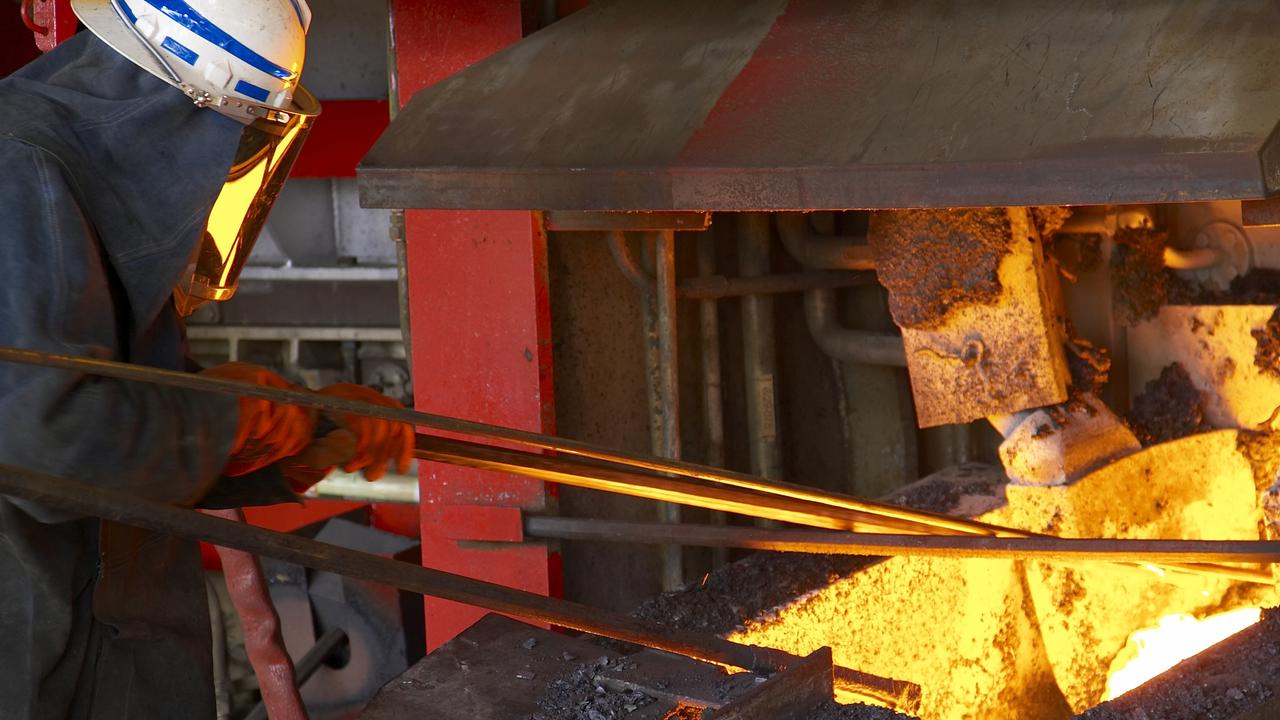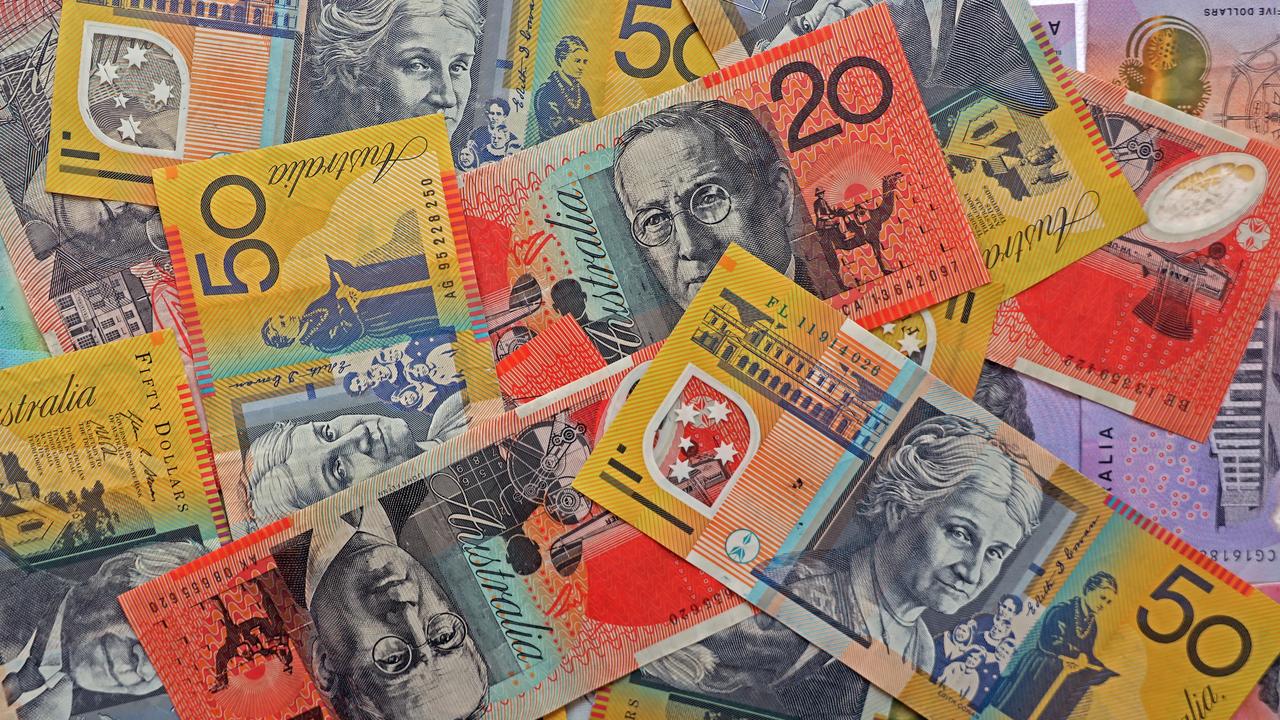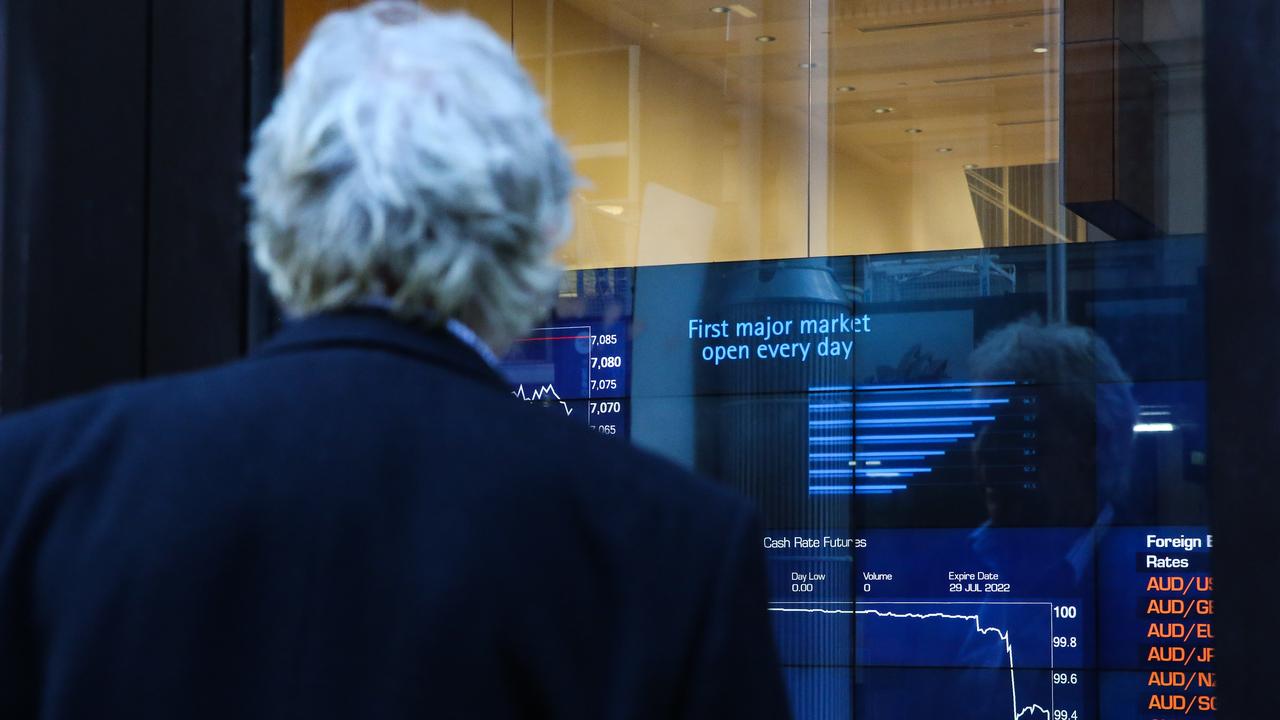Philippines takes one big thing Australia needs
A trade war is hotting up over a critical product that Australia has – with one country beating us to the punch.
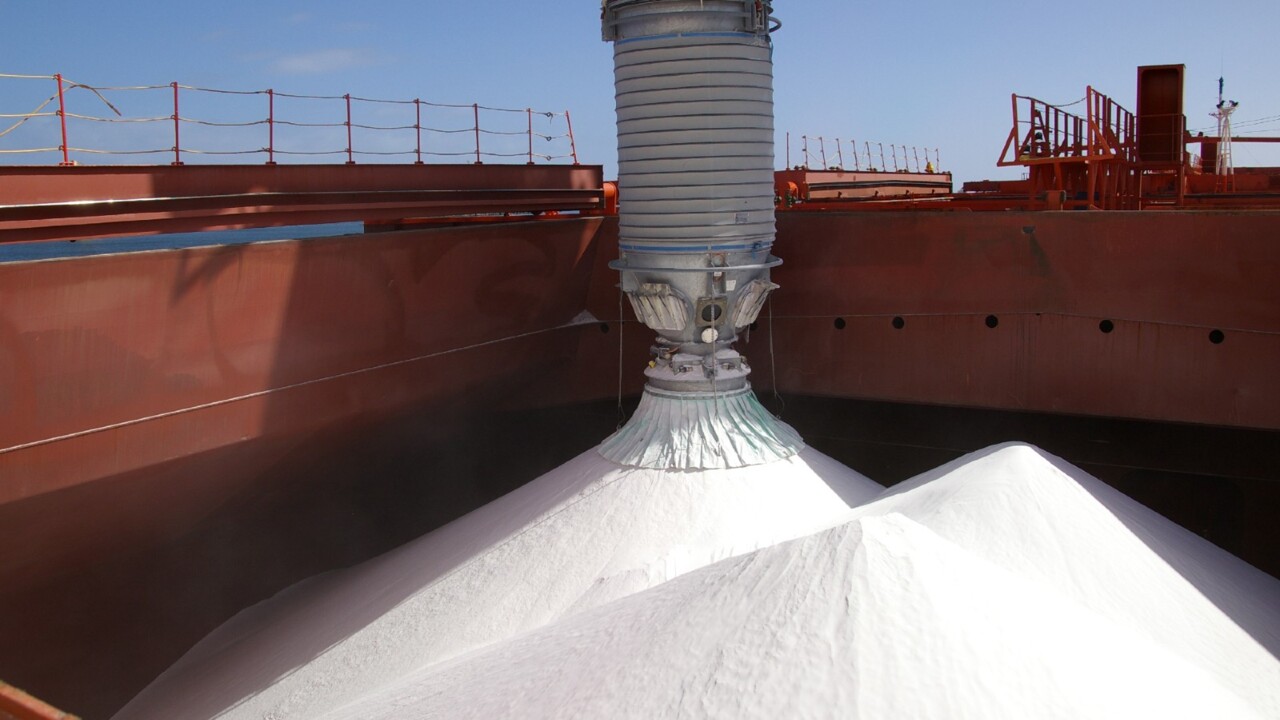
Australia sent a warship earlier this month to join Japan and the US in countering China’s aggressive push on Philippine territory. But it didn’t join the subsequent trade pact.
The Royal Australian Navy frigate Warramunga was part of the first multinational “patrol” of contested Philippine waters. Beijing responded in kind, with concurrent “combat patrols” asserting its arbitrary claim over almost the entirety of the South China Sea.
Last week, Washington, Tokyo and Manila engaged in high-level talks to further discuss resisting Beijing’s coercive military and economic tactics.
Australia did not attend.
But the three nations agreed to formalise a relationship to secure a reliable supply of the critical mineral nickel from the Philippines. As well as invest in the developing nation’s new advanced semiconductor manufacturing industry.
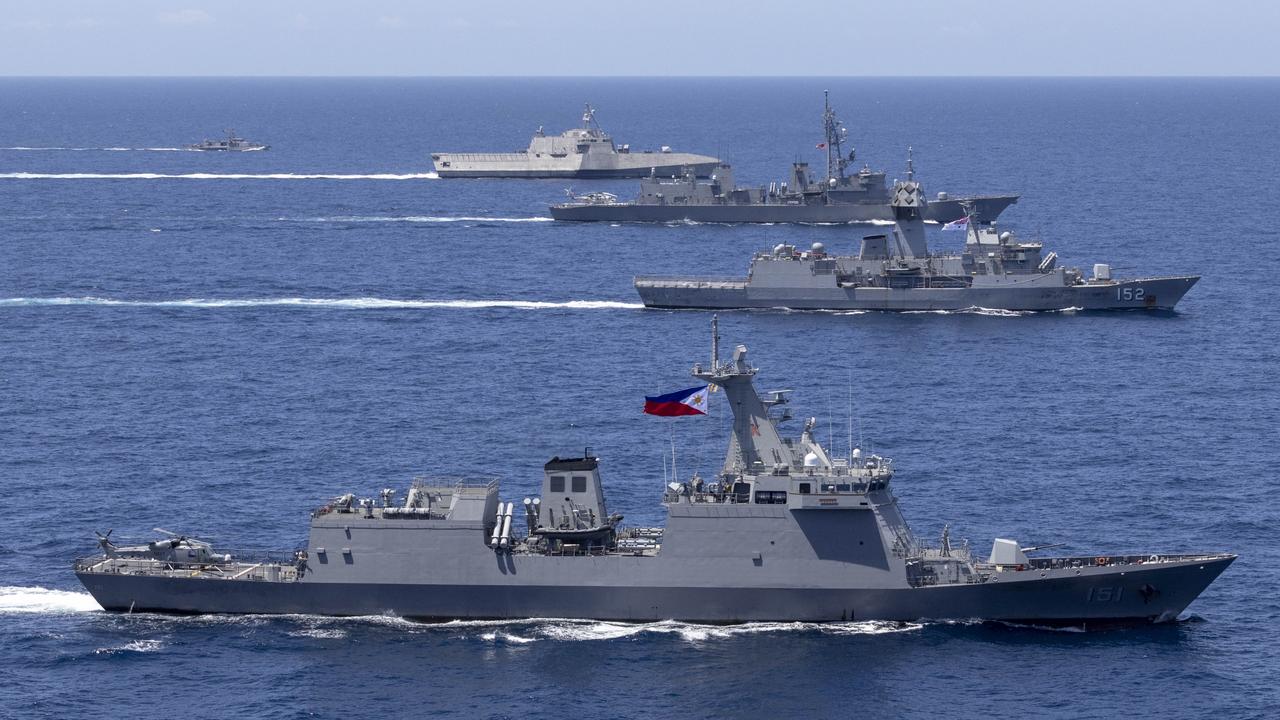
Nickel has become a battlefront between East and West. It’s a critical mineral essential for modern batteries and turbine blade production.
The Philippines is the world’s second-largest producer of nickel ore (after Indonesia). Australia is the second largest when it comes to identified reserves (after Indonesia), but the world’s sixth largest producer.
“As the world faces a complex crisis, it is important that we work in a multi-layered effort with like-minded countries and allies to maintain and strengthen a free and open international order based on the rule of law,” Japan’s Prime Minister Fumio Kishida said while announcing the plan.
But Beijing – which holds a controlling interest in the Indonesian nickel operation – this week said it will retaliate in what has become an “elemental struggle”.
It accused the Philippines of engaging in “provocative and infringing” actions.

“The countries in the region should not underestimate the destructive power of the Philippines’ collaboration with non-regional forces and its impact on the security of the South China Sea region,” an essay republished on the People’s Liberation Army’s website.
“Regional countries should exercise caution regarding the Philippines’ potential to escalate the security situation in the South China Sea into a spiral dilemma.”
Critical mass
The reliable supply of minerals and rare earth elements in an increasingly divided world has become a familiar talking point in Canberra.
These have been classified as “critical” for their central role in the drive to shift the global economy away from coal, gas, and petroleum and into electricity. Or if their unique properties significantly contribute towards the efficiency or resilience of modern technology.
Solar cells. Wind turbines. Battery storage. Defence technology.
Economists expect demand for these minerals to be six times greater in 2050 than now (7.1 million tonnes to 42 million tonnes).
This week, the Albanese Government announced $400 million in government loans to support two new local critical minerals projects.
One is Queensland’s clean-energy, high-purity alumina (an insulator that helps prevent lithium-ion batteries from exploding) processing facility. The other is a graphite (also used in lithium-ion batteries, electric motors and lubricants) production facility in South Australia.
“The Australian Government is committed to building our critical minerals resources and processing industries to diversify global supply chains and help the world lower emissions,” Minister for Resources Madeleine King said at the funding announcement.
“The road to net zero runs through Australia’s resources sector.”
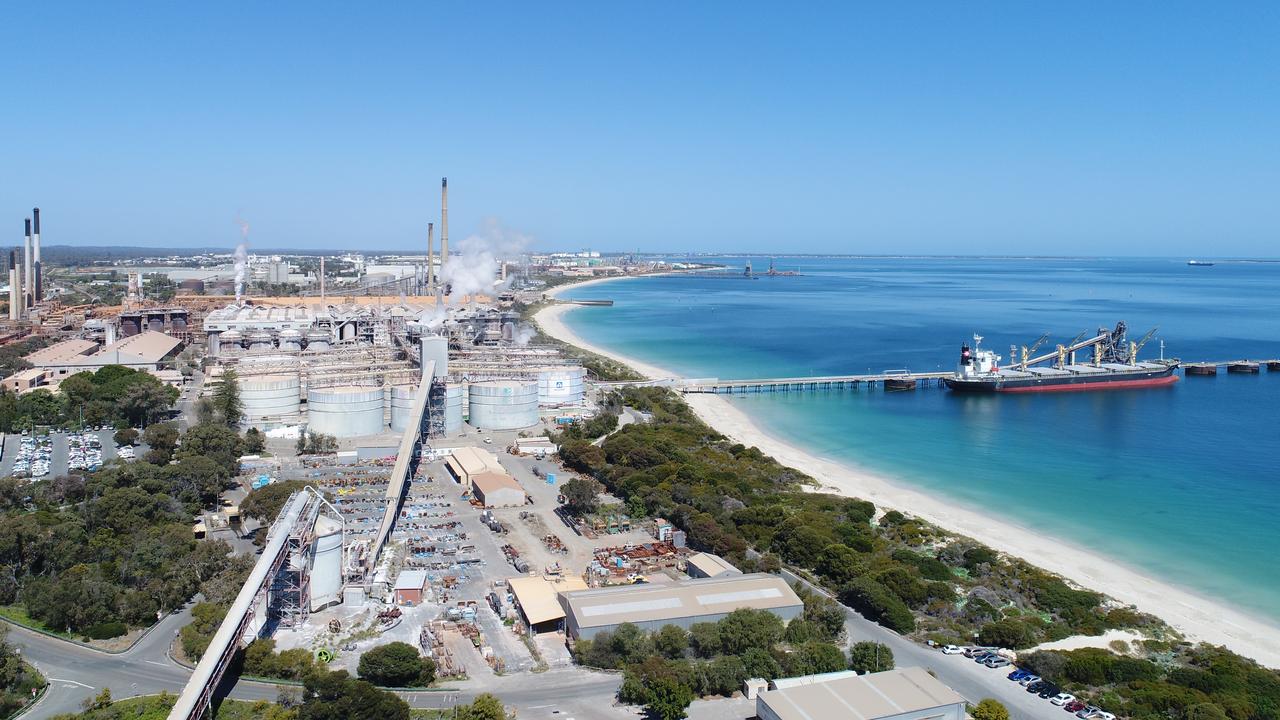
But four Australian nickel mines and a concentration facility are suspending operations due to their inability to compete with China’s cut-price production.
Other nations – including Saudi Arabia and the United Arab Emirates – are also well aware of the potential of critical minerals. And prepared to invest in them.
Just as OPEC’s control over the supply of crude oil in recent decades was used to shape world events and international policies, the race is on to control the supply chains behind an electricity-based economy.
Trade war
Beijing is painting itself as the victim in the broadening trade war over access to these often rare – but almost always expensive and difficult to refine – materials.
“Some major sources of critical minerals imports for China, such as Australia and Canada, are close allies of the United States,” comments Chinese Academy of Social Sciences economist Wang Yongzhong in the Communist Party-controlled China Daily this week. “Normal trading activities of critical minerals are likely to be sabotaged or disrupted by those trying to contain China, thus undermining the stability of critical mineral supplies.”
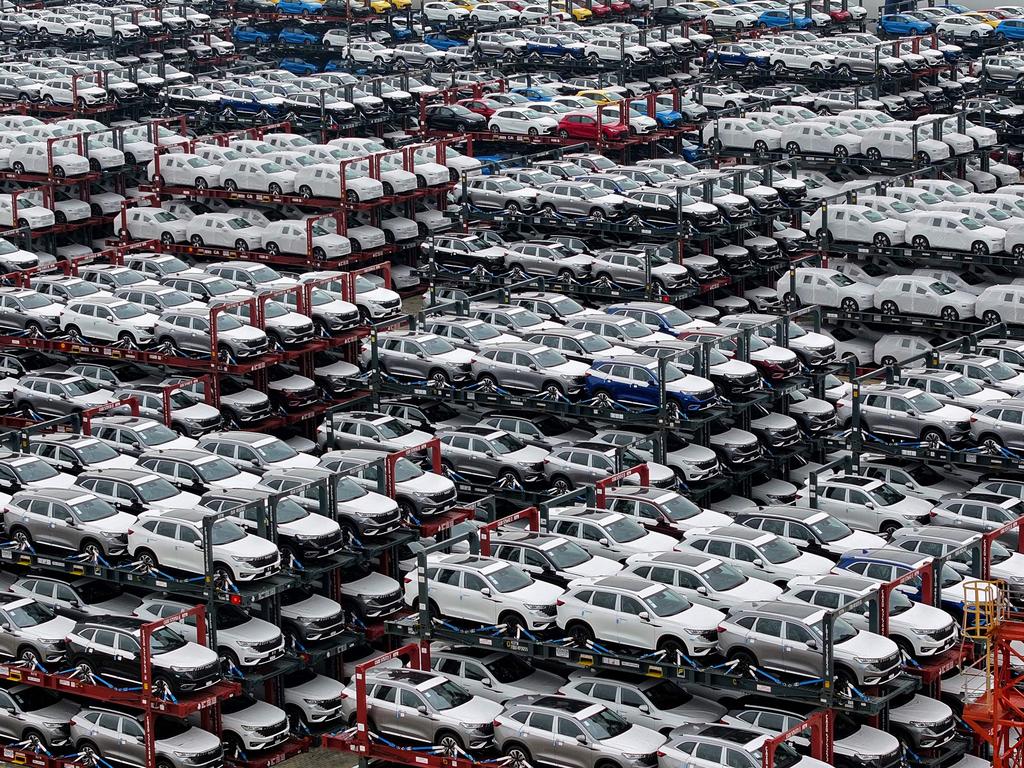
Such sabotage has already been seen on the world stage.
“Beijing has already used its near-monopolistic global supply chain control of critical minerals to gain a strategic advantage over the United States and Japan,” argue ASPI analysts Dr John Coyne and Justin Bassi in the Lowy Institute think-tank’s Interpreter publication. “It has increased restrictions on its critical minerals exports nine times between 2009 and 2020, more than any other supplier.”
Like Australia, Japan’s Prime Minister Kishida has first-hand experience of Beijing’s coercive trade restrictions.
After the Japanese Coast Guard arrested the captain of a Chinese fishing vessel in 2010 for intruding on the disputed Senkaku Islands, Beijing retaliated by cutting off Tokyo’s access to rare earth exports. It insisted this was due to “environmental” concerns. Not territorial ambitions.
A 2014 World Trade Organisation ruling rejected Beijing’s argument.
“Australia must heed these lessons and protect itself from being beholden to the whims of an authoritarian power,” the ASPI analysts state. “Removing China entirely from global critical mineral supply chains is not economically feasible nor desirable. But competition is needed.”
Choosing sides
Prime Minister Anthony Albanese alluded to the potential for these metals to become a source of conflict while announcing his “The Future Made in Australia Act” earlier this month.
Investing in mining and subsidising local production of products, including solar panels and batteries, will give Australia “sharp elbows”, he said.
“Nations are drawing an explicit link between economic security and national security,” Albanese explained “This is not old-fashioned protectionism or isolationism – it is the new competition.”
But, unlike the naval territorial patrols in aid of the Philippines, Australia has yet to formalise any practical position in the increasingly polarised critical minerals market.
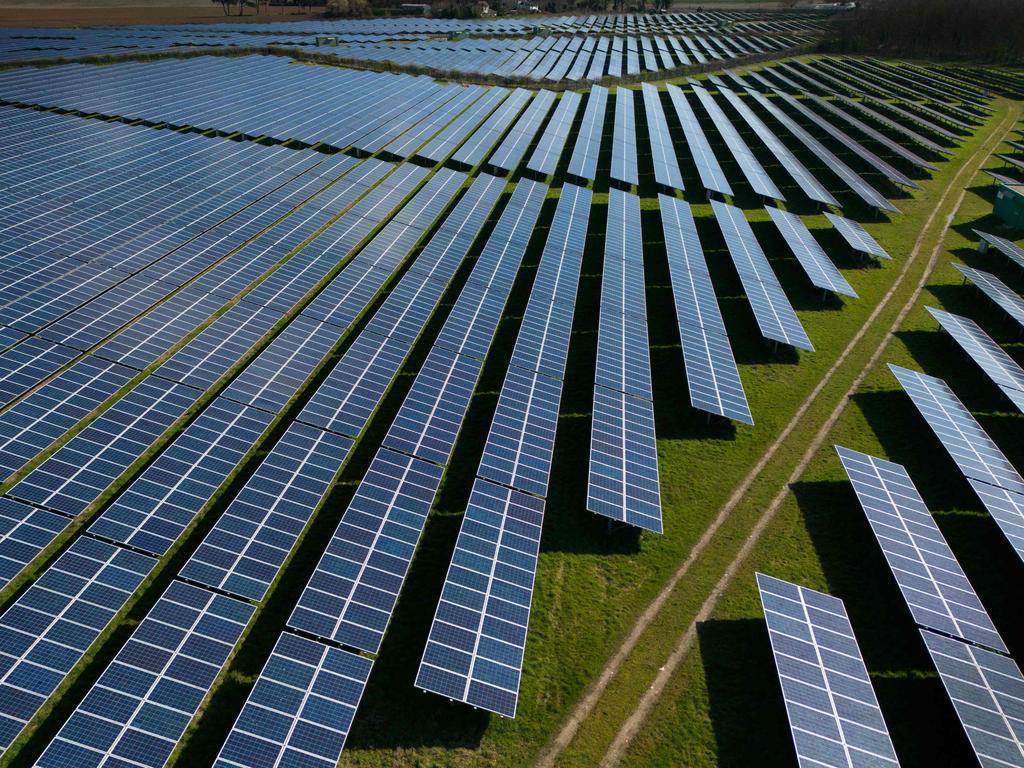
Canberra promised a $2 billion boost to critical minerals financing in October last year. And the funding of two projects this week represents almost a quarter of that commitment.
But it’s pinning its hopes that foreign investors will feel secure enough with Australia’s legal, international and social stability to commit to new projects – despite the threat of being undercut by China’s state-controlled enterprises.
The Philippines, however, has secured intergovernmental support.
“The three countries (Japan, the US and the Philippines) shared an awareness of the issues and agreed on the need for economic security, while the stable supply of critical minerals needs to be discussed,” Japan’s Minister for Economy, Trade and Industry Ken Saito said at a joint press conference in Washington.
It’s not just a “dig it and ship it” exercise.
Part of the stated tri-nation plan is to establish the ability of the Philippines to extract, process and refine its nickel ore as a value-added export.
“By investing in the Philippines’ infrastructure, digital economy, critical minerals, semiconductor supply chains, and more, Japan and the United States show that their commitment is deep, abiding, and not just contingent on maritime tensions with China,” argues Center for Strategic and International Studies (CSIS) analyst Erin Murphy.
“These steps are all significant in the effort to help the Philippines resist Chinese pressure, and the symbolism of the summit even more so.”
In return, Tokyo and Washington want coercion-free access to the end product.
“We hope to expand co-operation in important fields to like-minded countries, while keeping Japan and the United States at the core,” Saito said.
Jamie Seidel is a freelance writer | @JamieSeidel




